The European Union's Artificial Intelligence (AI) Act, which came into effect on August 1, 2024, is a landmark moment in global AI regulation. This legislation, the first of its kind worldwide, introduces a comprehensive framework aimed at mitigating the risks associated with AI technologies while fostering responsible innovation. However, it also comes with the potential for hefty fines for those who don't comply.
Key Points of the AI Act
- Risk-Based Classification: The Act classifies AI systems into different risk levels, each with specific compliance requirements:
- Minimal Risk: Systems like spam filters and AI-powered video games are encouraged to follow voluntary codes of conduct.
- Limited Risk: Chatbots and image generators require transparency to ensure users know they're interacting with AI.
- High Risk: Systems with significant potential to impact rights or safety (e.g., credit scoring, biometric identification) must adhere to strict standards, including risk management, data governance, documentation,and human oversight.
- Unacceptable Risk: Applications like social scoring systems and predictive policing tools are banned outright.
- Global Reach: Any company offering AI products or services within the EU must comply, regardless of where they are headquartered.
- Steep Penalties: Non-compliance can result in fines of up to 35 million euros or 7% of global annual turnover,whichever is greater.
For US tech companies, the Act presents both challenges and opportunities. They must adapt their operations to meet the new regulations. However, this also creates a chance to demonstrate responsible AI practices, building trust with consumers and potentially gaining a competitive edge.

AI Expo Europe to Address Key Issues
The AI Expo Europe, the largest conference of its kind in Southeastern Europe, will be held in Bucharest from October 6-7. Speakers from major international companies like Google, Nvidia, and Microsoft, along with Romanian government officials, will discuss these pressing issues.
Minister Bogdan Ivan highlighted Romania's position in the top three European countries for online scams. He emphasized the need for governments worldwide to prioritize AI regulation and compliance.
Navigating the AI Act:
While some US tech giants have expressed concerns about the Act stifling innovation, others see it as an opportunity to foster trust and reliability in AI technologies. Companies like Unilever are already implementing safeguards to align with the Act's requirements.
Strategic steps for US tech companies:
- Early Adoption: Start aligning AI development and deployment processes with the Act's requirements now.
- Cross-Functional Teams: Form teams with legal, technical, and compliance expertise.
- Regulatory Engagement: Stay updated on compliance guidelines and participate in regulatory sandboxes.
- Invest in Tools: Utilize tools for risk assessment, data governance, and model transparency.
- Open Communication: Engage with authorities and participate in regulatory initiatives.

The Future of AI Regulation:
The EU's AI Act marks a significant shift towards more regulated and transparent AI practices. For US tech companies,adapting to this new regulatory landscape is crucial not only for legal compliance but also for maintaining competitiveness in the global market. As the first comprehensive regulation of its kind, the AI Act is likely to influence AI governance frameworks worldwide, making early adaptation a strategic imperative.
